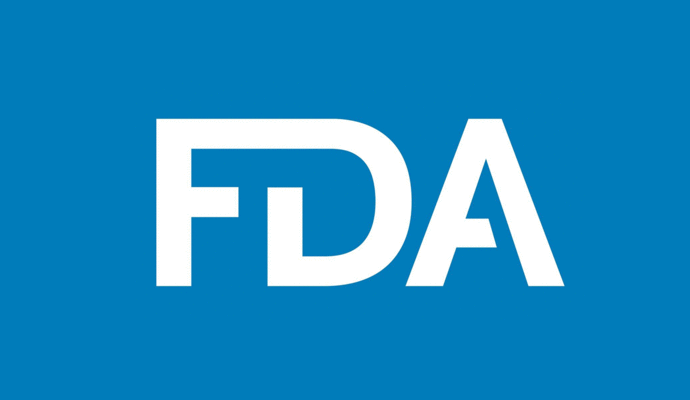FDA Accepts Application for Novartis’ Diabetic Macular Edema Drug
FDA based its decision on the KITE and KESTREL trials, which studied Novartis’ diabetic macular edema drug in 926 patients in 36 countries. Both trials met their primary endpoint.

Source: FDA Official
- FDA recently accepted Novartis’ biologics license application for Beovu, the company’s diabetic macular edema (DME) drug.
Specifically, FDA accepted the application for six milligrams of Beovu. If approved, DME would be the second indication for Beovu following its approval for wet age-related macular degeneration in October 2019.
DME is the leading cause of blindness in adults in developed countries, affecting about 12 percent of individuals with type 1 diabetes and 28 percent of those with type 2 diabetes.
“People living with diabetes often need to manage multiple comorbidities related to diabetes and there is a significant need to provide better disease management. If approved, Beovu has the potential to provide better fluid resolution and fewer injections during the loading phase and throughout maintenance treatment,” Jill Hopkins, SVP and global development unit head of ophthalmology at Novartis, said in the announcement.
“We look forward to bringing this potential new treatment option that may help to address unmet needs in the DME patient population,” Hopkins continued.
FDA based its decision on year one data from the randomized, double-masked KESTREL and KITE studies. Both studies met their primary endpoint of non-inferiority in change of best corrected visual acuity from baseline versus aflibercept.
KITE and KESTREL enrolled 926 patients in 36 countries. Patients who received Beovu were treated every six weeks, while patients who received aflibercept were treated every four weeks.
The trials are the first to assess an anti-VEGF treatment on six-week dosing intervals, suggesting that Beovu may offer fewer injections from the start of treatment.
Over half of patients receiving Beovu six milligrams remained on a 12-week dosing interval through year one.
At week 72, Beovu patients dosed every 12 weeks were extended to dosing every six weeks. Those who showed disease activity were moved to dosing every eight weeks for the remainder of the study.
Overall, Beovu demonstrated a favorable benefit-risk profile in both the KESTREL and KITE trials.
In addition to the FDA biologics license application acceptance, the European Medicines Agency (EMA) validated the type 2 variation application for Beovu and the Japanese Pharmaceuticals and Medical Devices Agency (PDMA) accepted an application for Beovu to treat DME.
Regulatory decisions for both the US and Europe are expected in mid-2022.
